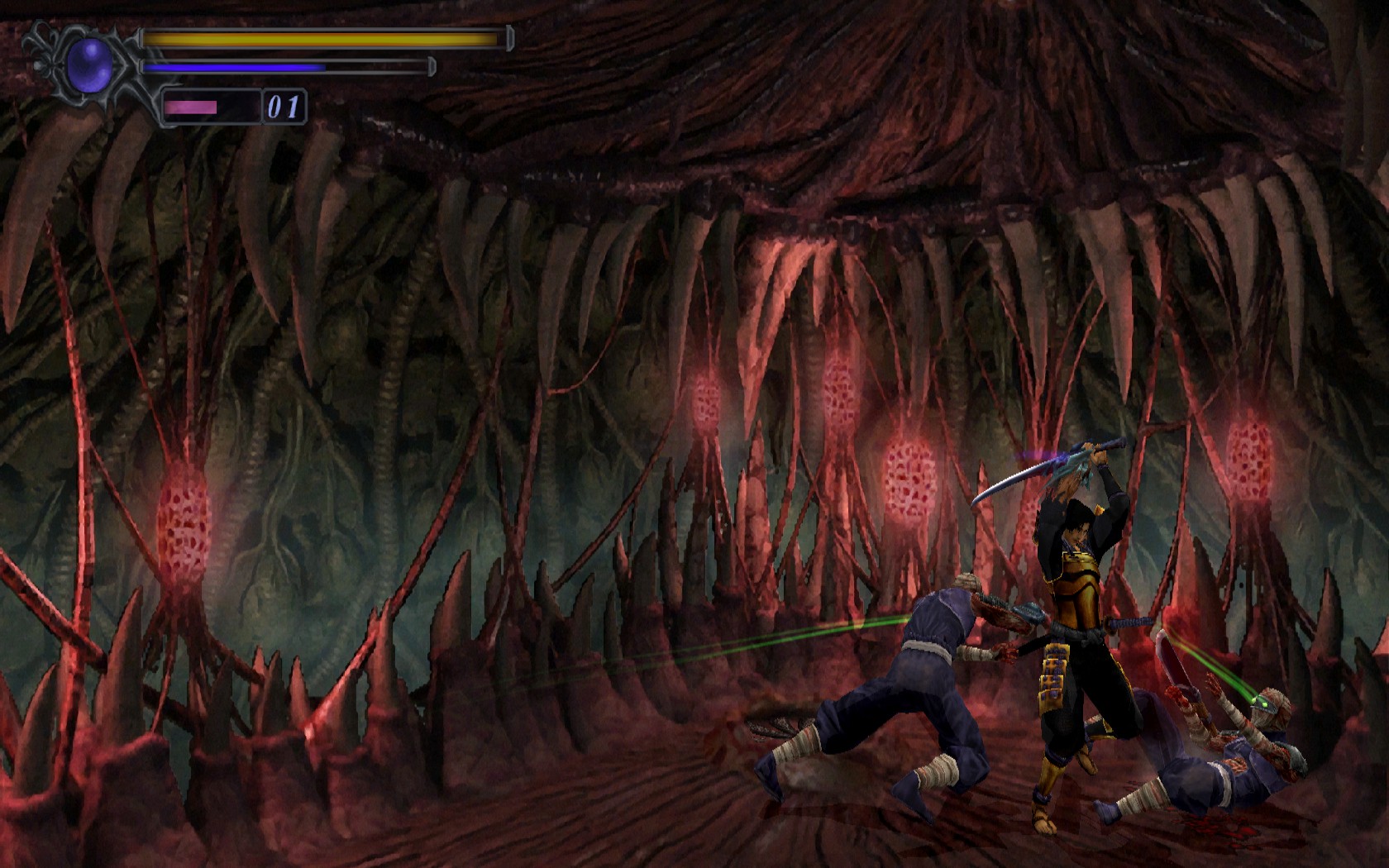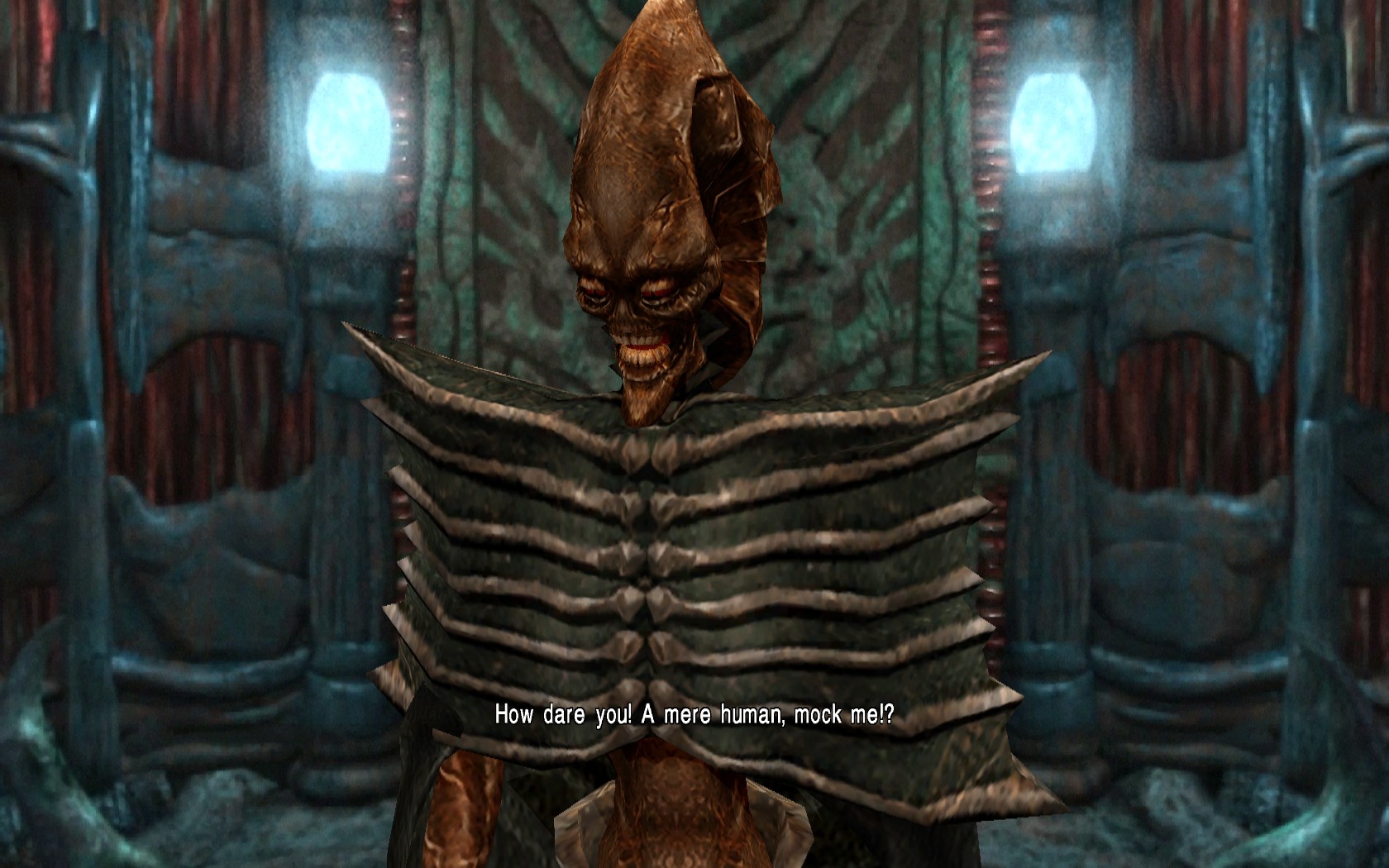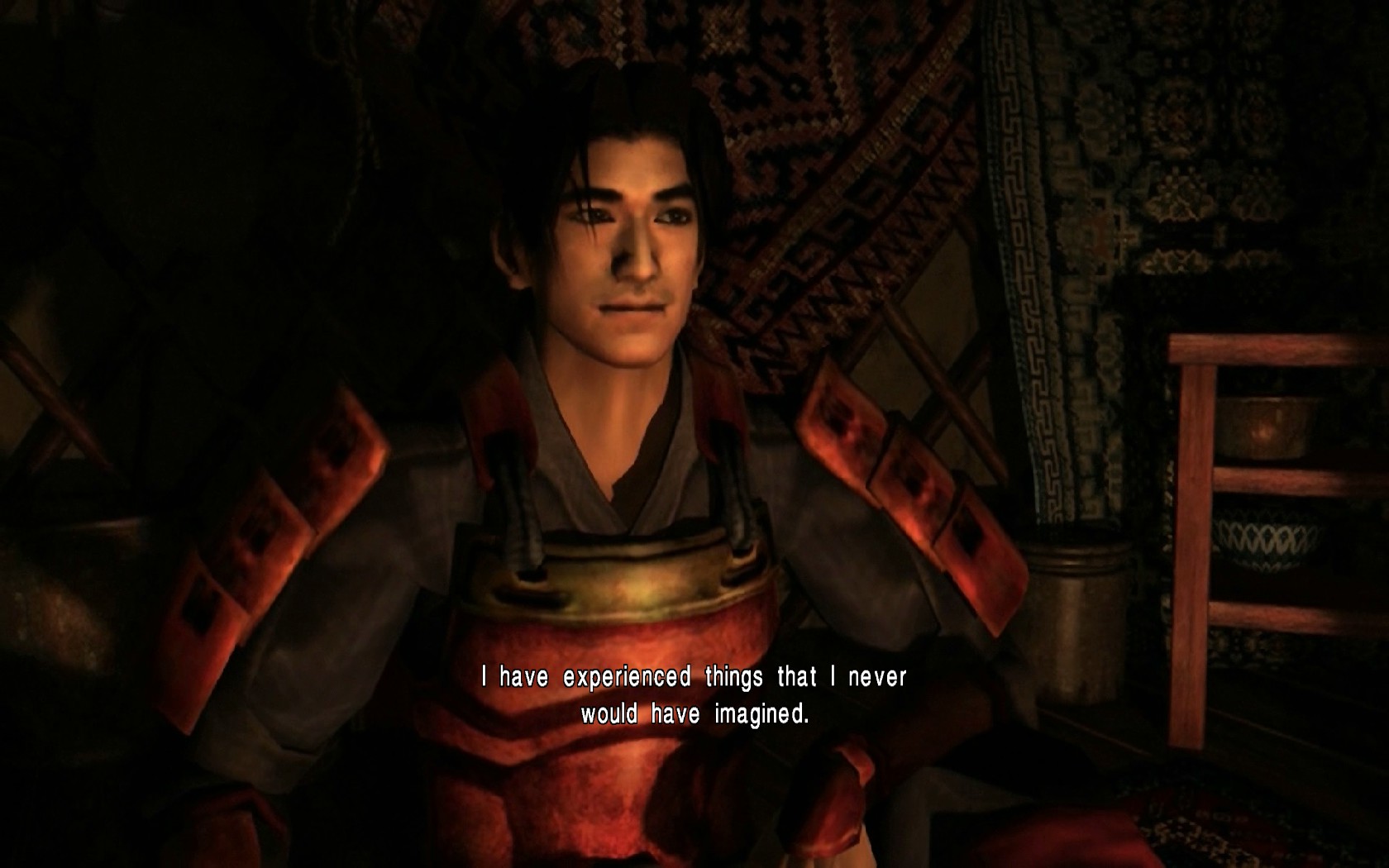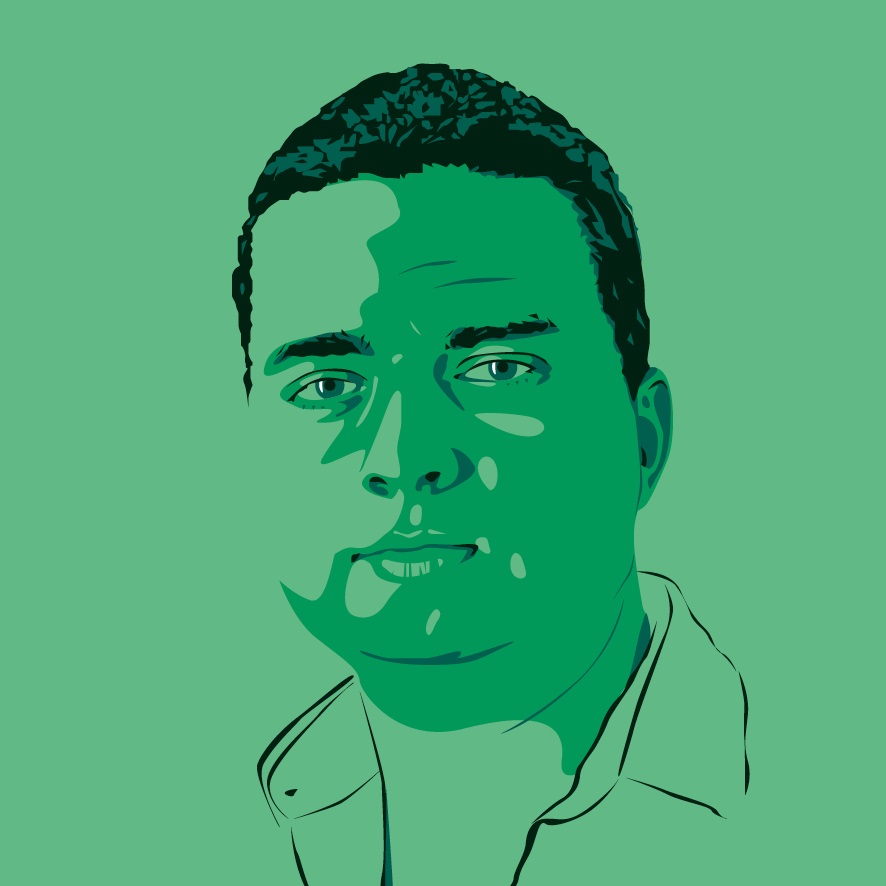Our Verdict
A fun relic of the early PS2 days that I still like a lot, but slightly too dated for most players to enjoy.
PC Gamer's got your back
What is it? 2001 demon-fighting hack-and-slash game, brought to PC with slightly better controls and widescreen support.
Reviewed on i5-3570K, 16GB RAM, GTX 970
Price £15/$20
Release Out now
Developer Capcom
Publisher In-house
Multiplayer None
Link Official site
Onimusha is a series that burned briefly and brightly for Capcom. It began in 2001 and was pretty much over by 2006, encompassing four main entries and two spin-offs (an RPG and a fighting game, of all things). My personal theory about Onimusha's demise is that it was overexposed: the world didn't need that much of it in quick succession.
Onimusha mixes historical epic and demonic fantasy, and it didn't survive the leap to the HD era like Resident Evil and Devil May Cry did. While the second game—with its innovative trading system, multiple playable characters and branching storyline—is the series' only masterpiece, the first entry is still a fun curio from the Resident Evil-dominated era of fixed-camera survival horror games. You play Samanosuke Akechi, a warrior who ventures to save Princess Yuki from Nobunaga and his army of demons. After being embarrassingly owned by the first big monster he encounters, he's revived with a gauntlet that can absorb the souls of the demons he kills.
This 2001 hack-and-slash game feels extremely dated now, which is no surprise. Even next to Capcom's Devil May Cry from the same year, which featured 3D backgrounds, a more active camera and faster combat, Onimusha feels retrograde. You mostly spend the game wandering through tightly-wound corridors clearing out demonic enemies and solving key-based puzzles. Calling it 'Resident Evil with swords', which is pretty much how the media described it at the time, isn't far off—it even has the series' signature healing herbs, and environments that are so complicated to navigate that it's implausible humans ever lived there.

The combat is still nice and crunchy, though. Sword fights with enemies are paced like considered duels compared to Devil May Cry's acrobatic flurries, and you really feel it when the blade connects with an opponent. Enemies spend more time circling you than windmilling, and a well-timed key press will land an instant counter kill, meaning there's a fairly high skill ceiling for its swordplay. There are four melee weapons to unlock, each with a different elemental power and area of effect, and several projectile weapons of limited use. The fixed camera angles are undeniably irritating in 2019. Being hit by an enemy off-screen, or knocking an enemy back so you can no longer see them, are annoying factors that third-person action games pretty much eliminated years ago.
The voice-acting in Warlords is still terrible, too—what could be a horror-tinged and creepy story of demons shaping the human world is undermined by campy enemies and bad lip-syncing, both products of its time. Acclimatising to this stuff might be tough if you never played these kinds of games about 20 years ago.
The additional options in this PC version are super limited. You can remap the controls and change the resolution, but that's about it. The biggest issue with this port is some noticeable screen-tearing, particularly prominent during the cutscenes. The framerate counter kept a steady 60fps throughout my day with the game, but to my eye it doesn't really look any smoother than I remember it on PS2.

It's also not a particularly long experience at about five or six hours. The asking price of $20/£16 isn't totally unreasonable, but I'd probably have preferred to have three or four of the original games in one package for a higher price, like the Devil May Cry collection. Nonetheless, for completists like me who enjoy hoovering up ancient console games on their PCs, it's a start.
Much as I complain about Onimusha feeling old, I am absolutely the target audience for this re-release and I had a lot of fun treating this playthrough like a speedrun, given that I finished the game five or six times on PS2. I'd struggle to recommend it to anyone below the age of 30 who grew up with prettier and more refined third-person action games, but if you were there at the time, Onimusha remains an important part of Capcom's golden era of the early '00s.
A fun relic of the early PS2 days that I still like a lot, but slightly too dated for most players to enjoy.



